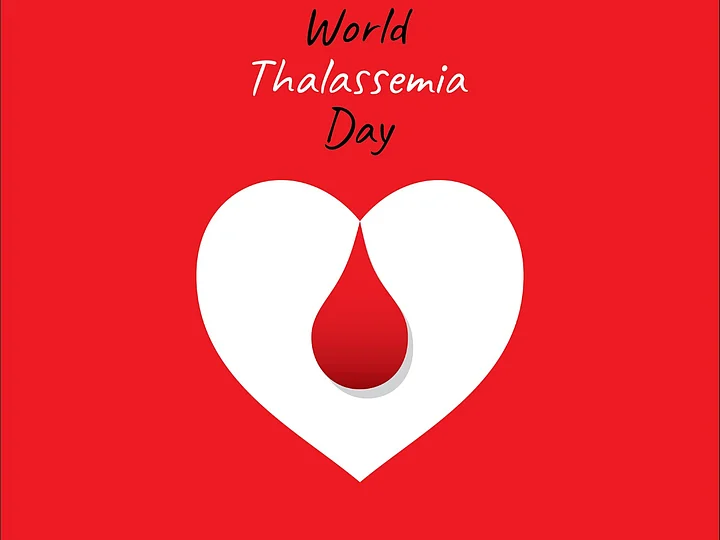Thalassemia is an inherited blood condition. The person who has it, their body tend to have fewer red blood cells and less hemoglobin than it should. Hemoglobin is important because it lets the red blood cells carry oxygen to all parts of the body. Because of this, people with this condition suffer from anemia, which makes them feel tired.
These are common names for different forms of it namely Constant Spring, Cooley’s anemia, or hemoglobin Bart’s hydrops fetalis. The two types are alpha thalassemia and beta thalassemia. The terms alpha and beta refer to the part of the hemoglobin the person is lacking. A person with a minor form may not have symptoms or might have only mild ones. They may not need treatment. Someone with a major form will need medical treatment. Thalassemia is genetic. It happens when one inherits mutated genes from their parents that change their hemoglobin. They tend to have it from birth.
Thalassemia Symptoms In Adults & Kids
Weakness
Pale or yellowish skin
Facial bone deformities
Slow Growth
Abdominal swelling
Dark urine
People who have alpha or beta thalassemia, they tend to have mild anemia. But there are many people who have these types of thalassemia and show no signs or symptoms.
Mild anemia makes the person feel tired. It is caused by alpha thalassemia that is often mistaken for iron-deficiency anemia.
People who have beta thalassemia intermedia have mild to moderate anemia. They also have other health problems, such as slowed growth and delayed puberty. Anemia slows down a child's growth and development.
Thalassemia causes bone marrow to expand. When bone marrow expands, the bones become wider than normal. They become brittle and break easily.
The spleen is an organ that helps your body fight infection and remove unwanted material. When a person has thalassemia, the spleen has to work very hard. As a result, the spleen becomes larger than normal. This makes anemia worse. If the spleen becomes too large, it needs to be removed.
(At The Quint, we question everything. Play an active role in shaping our journalism by becoming a member today.)
